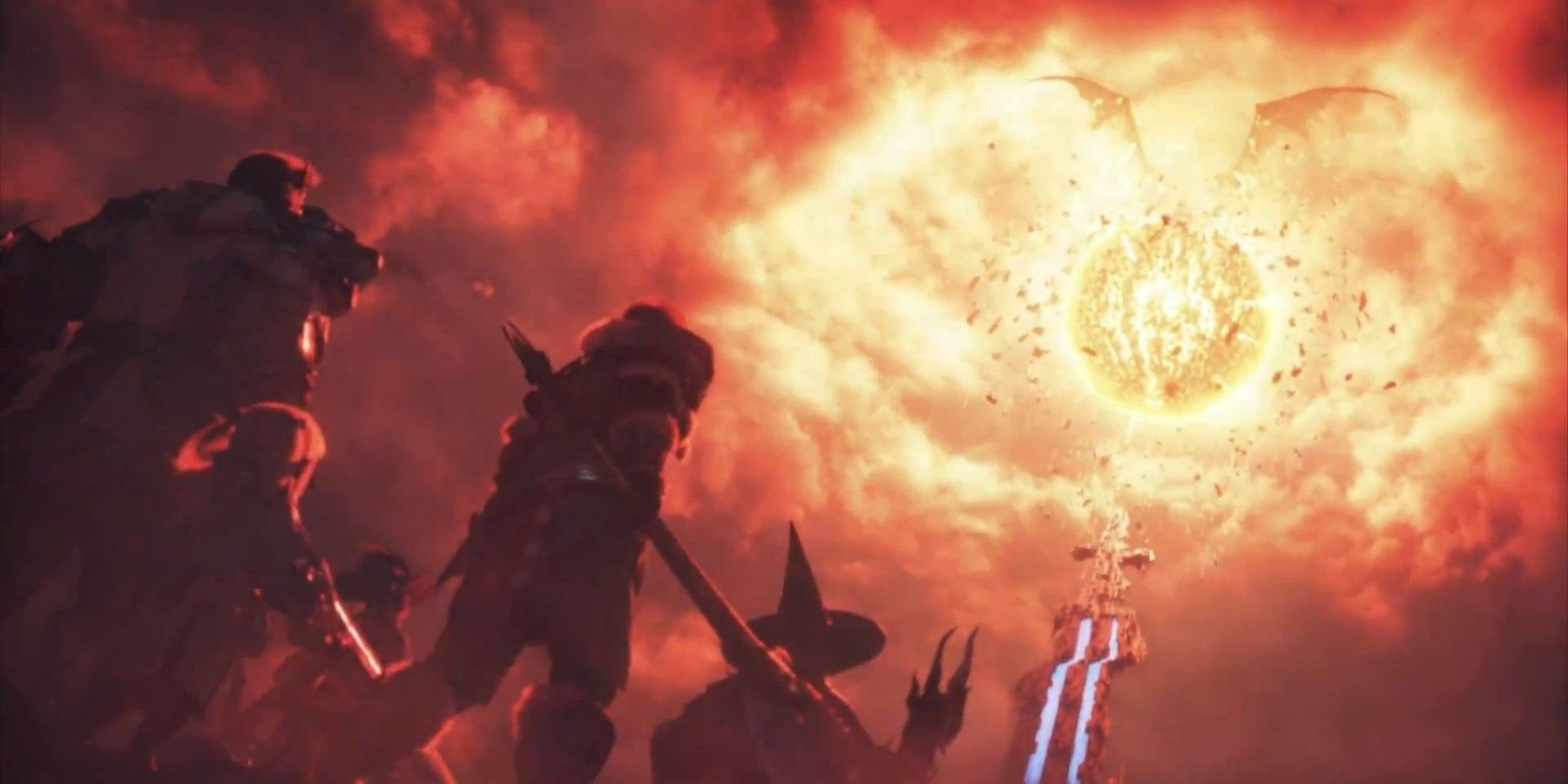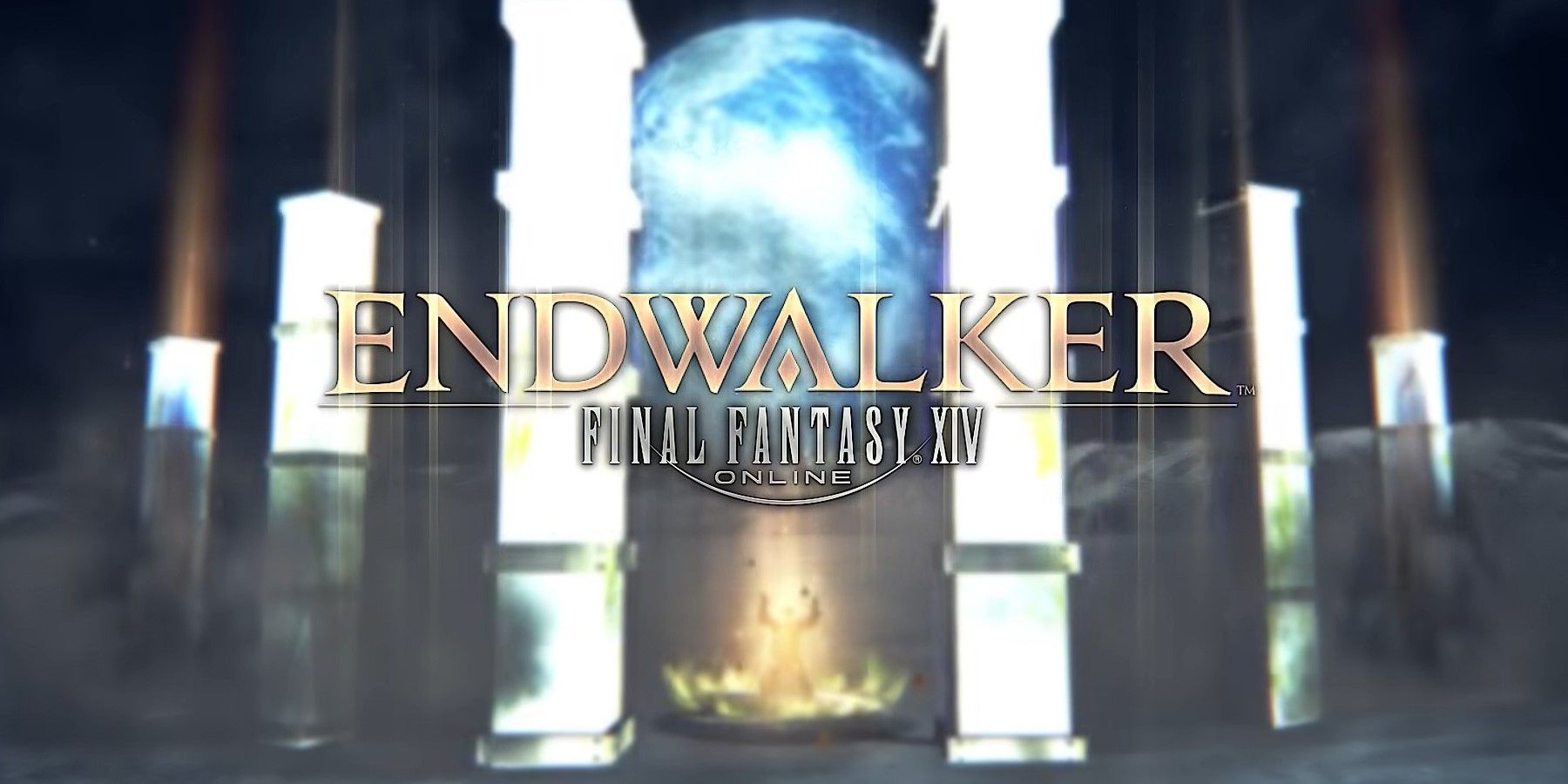
The Game Changer: How Final Fantasy 14 Revolutionized the MMORPG Genre 10 Years Ago

Final Fantasy 14's remarkable journey of evolution over the past decade continues to captivate gamers Discover how this MMORPG revolutionized the genre, appealing to both veterans and newcomers alike through its innovative approach and constant adaptation
Highlights
Final Fantasy 14 struggled initially, but after a complete overhaul, it became one of the most popular MMORPGs in history.
The original game had several problems, such as outdated gameplay mechanics, lack of content, and optimization issues. Under the guidance of Naoki Yoshida, Final Fantasy 14 underwent a successful revamp and achieved greater player popularity than World of Warcraft. The game's ongoing success is expected to be sustained through upcoming expansions and improvements.
Final Fantasy 14 was launched on September 30, 2010 as the second online title in the main series. Following the release of World of Warcraft's Cataclysm just two months later, expectations for Final Fantasy 14 to fill the shoes of its predecessor Final Fantasy 11 were high. However, it did not live up to these expectations and faced significant challenges. In a groundbreaking move, Square Enix decided to restart the game from scratch.
After almost three years, Final Fantasy 14: A Realm Reborn was released and received positive reviews. With each subsequent expansion, the game gained more success, eventually becoming one of the most popular MMORPGs in history, alongside World of Warcraft. Final Fantasy 14 achieved something unprecedented and continues to evolve to cater to the modern audience, even a decade after its initial launch.
How Final Fantasy 14 Looked to Those Who Came Before
Final Fantasy 11 served as the precursor to Final Fantasy 14, although it did not achieve the same level of popularity as its competitor, such as World of Warcraft. Despite this, Final Fantasy 11 remained a success and continued to receive updates even after the release of FF14. Presently, the PC servers for Final Fantasy 11 are still active and have a dedicated fan base, albeit small in size.
Regrettably, the initial iteration of Final Fantasy 14 failed to meet the standards set by Final Fantasy 11. The game received a lukewarm response and suffered from consistently low subscription numbers throughout its two-year run, primarily due to numerous issues. Subsequently, both developers and fans were able to pinpoint several significant factors contributing to the original Final Fantasy 14's failure.
Final Fantasy 14 failed to draw inspiration from contemporary MMOs, resulting in a disconnect with community expectations.
The developer's deficient transparency and absence of roadmaps further exacerbated the problem, fueled by a misguided belief that any issues could be resolved at a later stage.
The content of the game was primarily focused on the FF14 Main Scenario quests.
The MMO played more like a technical demonstration, placing a higher emphasis on graphical accuracy rather than optimized performance. For instance, even a potted plant within the game had an equal number of polygons as the player character.
It was poorly optimized, and had long loading screens and plenty of glitches.
The user interface and controls were clunky and awkward, and gameplay was shallow.
Naoki Yoshida, also known as Yoshi-P, took charge of Final Fantasy 14 as its director and producer. With a new development team in place, Yoshida faced a daunting task. Realizing that the existing code was insufficient for the game's success, he made the bold decision to start from scratch. On November 11, 2012, FF14 servers closed after a cataclysmic in-game event, where Bahamut, a renowned Final Fantasy summon, ravaged Eorzea in the "End of an Era" cinematic. A year later, on August 24, 2013, the realm was reborn.
Despite doubts from Square Enix's then-president Yoichi Wada and others, Yoshida turned the potential downfall of FF14 into its triumph. Through his dedication to optimization and open communication, he not only revived the franchise but also earned the opportunity to direct and produce Final Fantasy 16, in addition to his work on Endwalker.
How A Realm Reborn Led Those Who Walked After
Heavensward, the first expansion of FF14, amplified the success of A Realm Reborn and propelled it further. With a larger budget and expanded team, Heavensward had the freedom to develop more extensively. The expansion revamped the voice acting cast, increased the number of voiced cutscenes, and introduced a new playable race and jobs.
Building upon the innovations of Heavensward, Stormblood continued to propel the growth of Final Fantasy 14, although it did not receive the same level of acclaim. However, Shadowbringers proved to be a game-changer, propelling FF14 to the ranks of the best MMORPGs on the market, rivaling even World of Warcraft.
Shadowbringers was released on July 2, 2019, just before the impact of COVID-19. This expansion introduced one of the most memorable villains in the Final Fantasy series, attracting new players with its enticing content. Additionally, during the lockdown period, FF14 launched a free trial that allowed players to experience both A Realm Reborn and Heavensward without any playtime restrictions. Despite the challenges brought on by the pandemic, Final Fantasy 14 gained even greater popularity as more people found time to engage in gaming activities worldwide.
On the other hand, World of Warcraft faced difficulties with the release of Battle for Azeroth, an expansion that was met with widespread criticism. When Shadowlands, considered one of the worst WoW expansions, was launched in late 2020, numerous World of Warcraft players migrated to Final Fantasy 14. As a result, Final Fantasy 14 surpassed World of Warcraft's long-standing player count for the first time, marking a significant shift in the gaming industry.
Final Fantasy 14 has continued its success with the release of its latest expansion pack, Endwalker. Such was its popularity that Square Enix had to temporarily halt sales in order to accommodate the overwhelming demand on the servers. In a turn of events, World of Warcraft has made a comeback with its Dragonflight update, resulting in the two MMOs regularly trading places as the top MMO with each major update. Although Final Fantasy 14 may not have achieved the title of the "WoW Killer" as anticipated, it achieved something unprecedented by dethroning World of Warcraft as the undisputed king of MMORPGs.
Despite this achievement, Yoshida, the creator of Final Fantasy 14, is not content to rest on his laurels. The upcoming expansion, Dawntrail, is scheduled for release in the upcoming summer. Alongside it, the game will receive its first-ever graphics overhaul, an even more expansive free trial that now includes Stormblood, and the highly-awaited port of Final Fantasy 14 to Xbox consoles. These developments will open up the game to a whole new audience of players.
Yoshida expresses his desire to create numerous expansions for Final Fantasy 14 and has a strong passion for continuing to be involved with the MMORPG indefinitely. Whether Final Fantasy 14 remains active for an extended period or not, players, both new and experienced, can rest assured that their journey through Eorzea is in capable hands.
Currently, Final Fantasy 14 is accessible on PC, PS4, and PS5, with an Xbox Series X/S edition set to release in Spring 2024.














